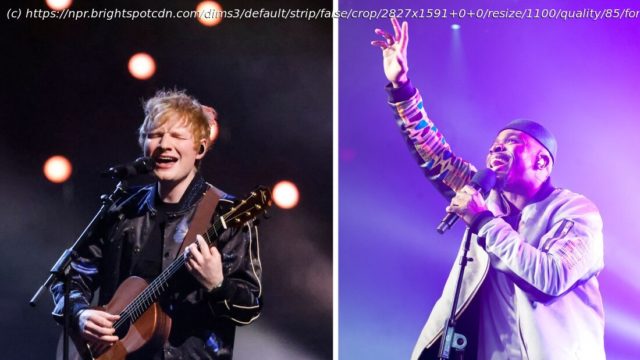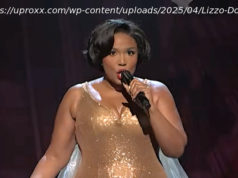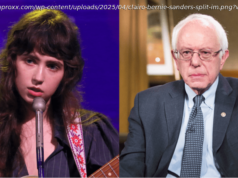The singers have criticized „They Don’t Know It’s Christmas“ for perpetuating „damaging stereotypes“ of Africans as a charity case. Bob Geldof defends the song. We went to Kibera for comments.
A new version of the song „Do They Know It’s Christmas“ is out today — November 25. And it’s already stirred up a bit of controversy.
British rocker Bob Geldof was the driving force behind the first version of the song, released 40 years ago to raise funds for Ethiopians facing hunger and credited to „Band Aid“ — a collection of superstar musicians. The single has been credited with raising $10 million for the cause.
The song was re-recorded in 2004 and 2014. The new version is a mash-up drawn from the three previous incarnations — and has sparked outcry from some musicians.
Ed Sheeran, who participated in the 2014 recording, has said he is sorry his voice is part of the 2024 version.
He says he was inspired to criticize the song by the rapper Fuse ODG. Sheeran posted this quote from Fuse ODG about charity efforts like Band Aid: „While they may generate sympathy and donations, they perpetuate damaging stereotypes that stifle Africa’s economic growth, tourism and investment, ultimately costing the continent trillions and destroying its dignity, pride and identity.“
Fuse ODG has further said that song smacks of „colonialism“ and white saviorism: „African problems should be solved by Africans“, This year he released his own song „We Know It’s Christmas“ and says that proceeds will go to innovative local projects in Africa.
Geldof defends the idea of a charity song to raise money to address food insecurity and other issues related to poverty in Africa: „‚These are not ‚colonial tropes‘ they are empirical facts . Climate change affects the poorest first and worst. War exacerbates these conditions.“ He says: „This little pop song has kept millions of people alive.“
What do people in Africa have to say about it? Last week in Kibera, a sprawling neighborhood in Nairobi sometimes referred to as Africa’s largest slum, we spoke to residents to get their perspective.
Daniel Masheti, 29, sells groundnuts, candy, books and pencils, among other items, from an outdoor table.






